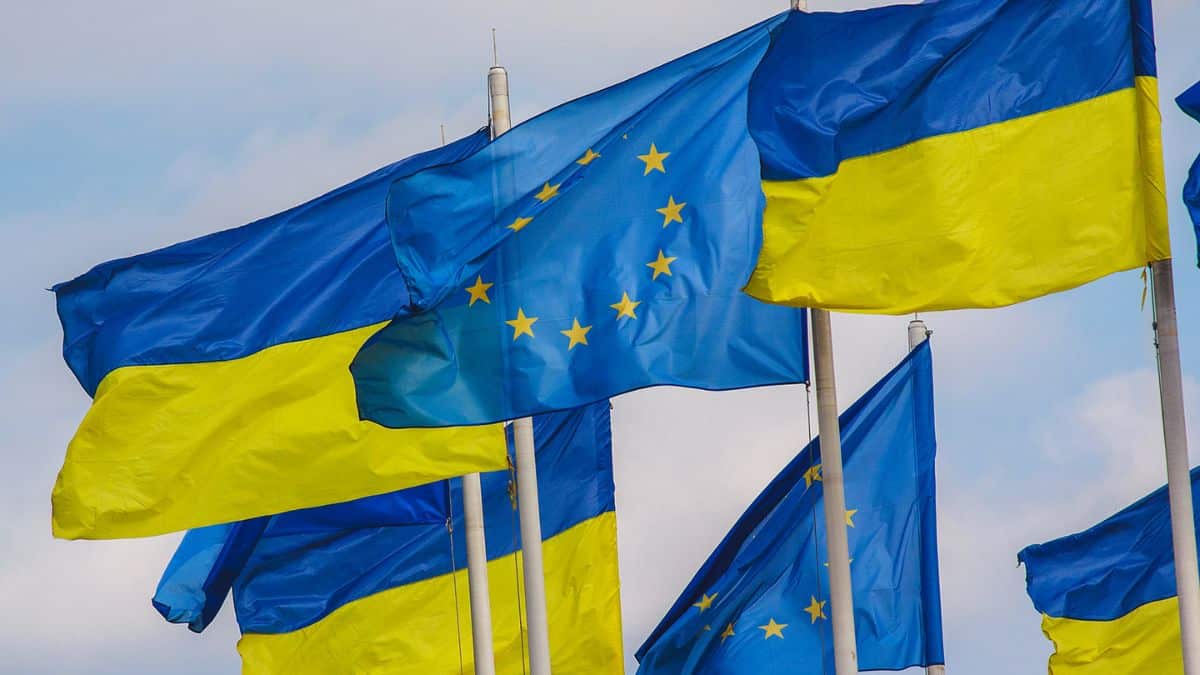The European Union has announced that €1.5 billion ($1.6 billion) in profits generated from frozen Russian assets will be directed towards supporting Ukraine, a move that has drawn sharp criticism from Moscow. The decision reflects the EU’s ongoing commitment to aid Ukraine amid the ongoing conflict with Russia but has been labelled as “illegal” by the Kremlin.
The European Commission revealed the allocation of these funds on Tuesday, stating that the money will be used to support Ukraine’s recovery and reconstruction efforts. This includes investments in critical infrastructure, humanitarian aid, and other forms of financial assistance essential for stabilizing the war-torn nation.
EU officials defended the move, emphasizing that it is part of a broader strategy to assist Ukraine in its struggle against Russian aggression. “The allocation of these funds demonstrates our unwavering support for Ukraine and our determination to help rebuild what has been destroyed,” said EU Foreign Affairs Chief Josep Borrell. “These assets, which were seized in response to Russia’s actions, are being used to address the urgent needs of the Ukrainian people.”
The Kremlin, however, has vehemently opposed the decision, denouncing it as an unlawful appropriation of Russian assets. Kremlin spokesman Dmitry Peskov described the move as “illegal and unjustified,” arguing that the funds should be returned to their rightful owners.
The controversy highlights the growing rift between Russia and Western nations, particularly as the conflict in Ukraine shows no signs of abating. Moscow has consistently criticized Western sanctions and asset freezes as acts of economic warfare designed to undermine its stability.
Despite the Kremlin’s objections, the EU remains resolute in its support for Ukraine. European leaders argue that the use of frozen Russian assets is a legitimate response to Russia’s actions and an important step in aiding Ukraine’s recovery.
As the situation in Ukraine continues to evolve, the allocation of these funds will be a key factor in shaping the ongoing international response to the conflict. The EU’s decision to repurpose these assets underscores its commitment to Ukraine and its broader geopolitical strategy in Eastern Europe.

